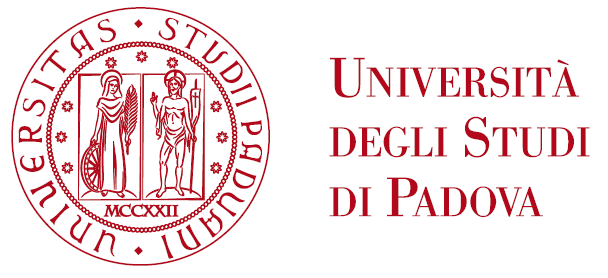Prof. Remco van der Hofstad
(Eindhoven University of Technology)
Friday March 1, 2024 - 1:30pm
Room 1A150 Torre Archimede
Network Science: Structure and Function
Many phenomena in the real world can be phrased in terms of networks. Examples include the World-Wide Web, social interactions and Internet, but also the interaction patterns between proteins, food webs and citation networks. Many large-scale networks have, despite their diversity in backgrounds, surprisingly much in common. Many of these networks are small worlds, in the sense that one requires few links to hop between pairs of vertices. Also the variability of the number of connections between elements tends to be enormous, which is related to the scale-free phenomenon.
In this guest lecture, we describe a few real-world networks and some of their empirical properties. We also describe the effectiveness of abstract network modelling in terms of graphs and how real-world networks can be modelled, as well as how these models help us to give sense to the empirical findings. We continue by discussing some random graph models for real-world networks and their properties, as well as their merits and flaws as network models. We conclude by discussing the implications of some of the empirical findings on information diffusion, such as the spread of fake news, and competition on such scale-free networks.
We assume no prior knowledge in graph theory, probability or otherwise.
Short Bio
Remco van der Hofstad obtained his PhD from the University of Utrecht in 1997. Currently a full professor in probability at Eindhoven University of Technology since 2005, he also serves as the acting scientific director of Eurandom, and jointly with Frank den Hollander he is responsible for the 'Random Spatial Structures' Program at Eurandom. Remco has garnered significant recognition, including the Prix de L'Istituti Henri Poincare (IHP) in 2003 and the Rollo Davidson Prize in 2007. He holds editorial responsibilities at 'Network Pages' and is actively engaged in various mathematical initiatives.
Visit his webpage for further information.

